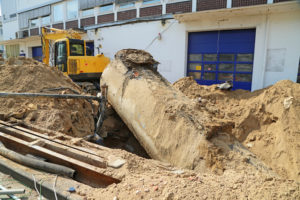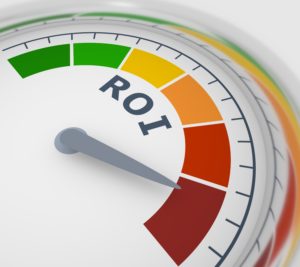Diesel fuel runs well when it’s clean, so you want to keep it that way. One worry of diesel tank owners involves worry over algae in the tank and you may have even wondered “Is there algae in my diesel fuel?”
Let’s say you look into a diesel fuel tank and find a dark sludge. Is this algae? It’s not algae but a buildup of undesirable microbes that need testing, treating, and prevention for the future.
Microbes, Not Algae
If you think you have algae in your diesel fuel tank, think again. Algae require sunlight for its growth. A tank is closed and dark, so algae couldn’t grow inside. Microbes, including mold, fungus, and bacteria, can get inside your diesel fuel tank and grow, creating biomass, which is the technical term for the sludge that you might think is algae.
Is there water in your diesel fuel tank? Water creates favorable conditions for unwanted microbes. Water may have gotten into your tank or may have separated from the fuel. The water forms a layer below the fuel. The microbes that get in the tank grow in between the layers. The source and components of today’s diesel fuel, including biofuels, contribute to these favorable growth conditions. The microbes can grow rapidly, clog your engine filter, create engine stalling, cause performance issues and lead to damage that’s expensive to repair. It’s important to know what you have in your tank to treat it properly before damage occurs.
Is There Algae in My Diesel Fuel?
The best way to find out what’s in your tank is to test it. You can buy a bacteria test to determine what’s inside the tank. Some companies will test in two ways by testing for the microbes and the presence of water that lies at the tank bottom. The testing company can also conduct nozzle testing, primarily used in the winter months to make sure that the diesel fuel tank will operate properly for the season.
Getting the Gunk Out of Your Diesel Fuel
Sometimes, bottom testing indicates water in the tank but not microbes. Water in the tank creates a problem, and it fosters the growth of any microbes that get into the tank. To prevent this situation from occurring, the diesel fuel tank must be emptied and completely dried out.
If testing showed the presence of microbes, a treatment that targets the particular substance is used. This chemical treatment put into the tank is called a biocide. This type of treatment works well, although if it’s done too often, overtreatment can lead to microbe resistance. As an alternative to biocides, fuel additives pull the water up into the fuel, eliminating the layers. The action of the additive prevents microbial growth.
Some companies recommend mobile fuel polishing to remove the sludge that’s become visible. Fuel is circulated out of the tank and into the mobile device which filters and returns the fuel. This method is not recommended for the long-term prevention of microbes and may be considered overkill as a treatment method for diesel fuel.
Once treatment is completed, implement regular testing to keep your diesel fuel tank sludge and water-free. You can hire a company to do this testing for you, sending the samples to a third-party lab for accurate results. The testing and treatment cycle will keep your diesel tank free of problems due to microbes and sludge, avoiding the problems they create for your engine.
Make the Most of Your Diesel Fuel
To learn more about our fuel performance treatments and other products and services that will keep your diesle fuel tanks clean, efficient, and free of algea, click here.








